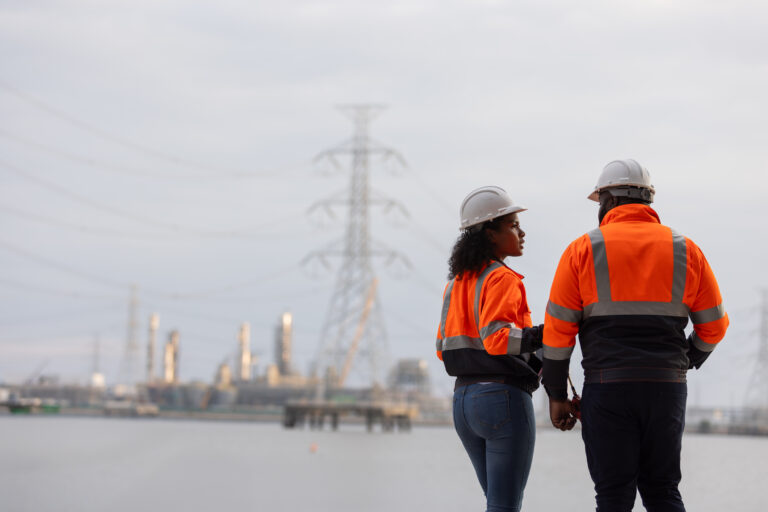Is the UK at risk of blackouts this winter?
Whilst the possibilities of blackouts this winter remain unlikely, this notion is being driven by fears that Putin could implement further restrictions on gas supplies to Europe. The government has warned that the UK does not rely on Russian gas to keep the lights on – but it does rely on other European countries for imports. Senior figures at National Grid recently commented that blackouts could become frequent on cold nights in both January and February if the worst-case scenario were to play out.
What action could be taken to support the UK’s power and gas supplies?
To protect energy supplies, the Prime Minister has the jurisdiction to implement power cuts to save electricity, under what is called the Electricity Supply Emergency Code (ESEC). This code is in place to ensure an equal split of electricity is available to all consumers irrespective of where they are situated.
Three options exist with the ESEC. One option is to plea to the nation to cut their use of electricity, another is to implement a cap on industrial energy usage, or the government can enforce blackouts for UK homes at certain times.
Should blackouts for UK homes be the chosen option, then it’s important to note that this option will also contain three levels, as detailed below;
- Level one would see blackouts three times a week (most likely between 4-7 p.m.)
- Level two would double this to six times a week
- Level three would see homes go without electricity for up to 27 hours in a week.
There are protected sites within the ESEC which means hospitals, oil refineries, food manufacturers, water and sewage companies wouldn’t face any restrictions.
There is a similar action plan for gas which National Grid refer to as the “Gas deficit warning”. This works in a similar way and has four stages with the activity referenced in the ESEC being very similar for gas. Stage three onwards is where public appeals for gas reduction and distribution network allocation and isolation would be implemented with this being the point at which it could impact consumers. Again, priority consumers are considered and would be excluded from such measures if implemented.
What next?
So far there hasn’t been a direct communication from the government that the ESEC or gas deficit warning is moving towards the implementation phase, but it is certainly something that we are likely to read more about this winter as the situation develops.
At Zenergi we are continuing to communicate with suppliers and other parties regarding the situation and will communicate with our customers at the appropriate times should things develop, and the government move towards the implementation phase so everyone is informed about what this may mean for them and their business operations.













